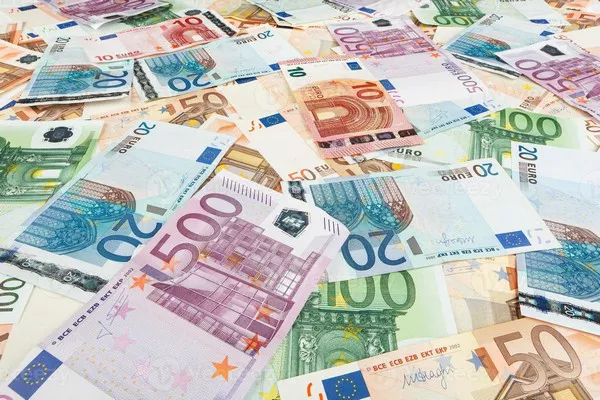Escalating geopolitical tensions in the Middle East, coupled with economic anxieties in China, are causing market volatility. China’s stock market reached a four-year low, fueled by concerns about economic health and dashed hopes for significant stimulus measures. Prime Minister Li Qiang’s remarks in Davos further contributed to market unease.
Federal Reserve Governor Christopher Waller’s comments, reducing expectations for aggressive interest rate cuts, added to investor concerns. The strong U.S. retail sales data, exceeding expectations, supported a less dovish outlook for the Fed. Meanwhile, European Central Bank (ECB) officials’ recent hawkish comments diminished hopes of an April rate cut, with ECB President Christine Lagarde suggesting a potential cut in the summer.
Geopolitical developments, including Houthi rebels’ drone attack on a U.S. cargo ship in the Red Sea, heightened market uncertainty. The U.S. dollar experienced a modest pullback from five-week highs amid depressed Treasury yields, with the benchmark 10-year Treasury yield hovering just above 4.0%.


